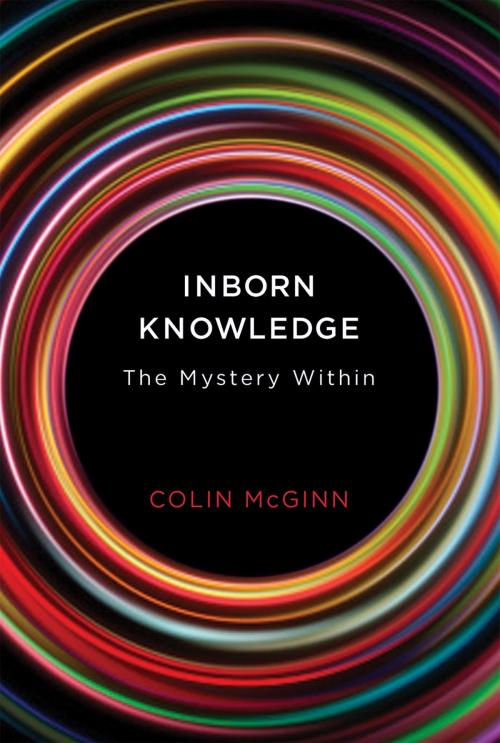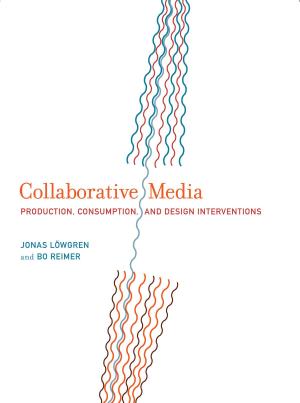| Author: | Colin McGinn | ISBN: | 9780262334495 |
| Publisher: | The MIT Press | Publication: | January 1, 2016 |
| Imprint: | The MIT Press | Language: | English |
| Author: | Colin McGinn |
| ISBN: | 9780262334495 |
| Publisher: | The MIT Press |
| Publication: | January 1, 2016 |
| Imprint: | The MIT Press |
| Language: | English |
An argument that nativism is true and important but mysterious, examining the particular case of ideas of sensible qualities.
In this book, Colin McGinn presents a concise, clear, and compelling argument that the origins of knowledge are innate—that nativism, not empiricism, is correct in its theory of how concepts are acquired. McGinn considers the particular case of sensible qualities—ideas of color, shape, taste, and so on. He argues that these, which he once regarded as the strongest case for the empiricist position, are in fact not well explained by the empiricist account that they derive from interactions with external objects. Rather, he contends, ideas of sensible qualities offer the strongest case for the nativist position—that a large range of our knowledge is inborn, not acquired through the senses. Yet, McGinn cautions, how this can be is deeply problematic; we have no good theories about how innate knowledge is possible. Innate knowledge is a mystery, though a fact.
McGinn describes the traditional debate between empiricism and nativism; offers an array of arguments against empiricism; constructs an argument in favor of nativism; and considers the philosophical consequences of adopting the nativist position, discussing perception, the mind–body problem, the unconscious, metaphysics, and epistemology.
An argument that nativism is true and important but mysterious, examining the particular case of ideas of sensible qualities.
In this book, Colin McGinn presents a concise, clear, and compelling argument that the origins of knowledge are innate—that nativism, not empiricism, is correct in its theory of how concepts are acquired. McGinn considers the particular case of sensible qualities—ideas of color, shape, taste, and so on. He argues that these, which he once regarded as the strongest case for the empiricist position, are in fact not well explained by the empiricist account that they derive from interactions with external objects. Rather, he contends, ideas of sensible qualities offer the strongest case for the nativist position—that a large range of our knowledge is inborn, not acquired through the senses. Yet, McGinn cautions, how this can be is deeply problematic; we have no good theories about how innate knowledge is possible. Innate knowledge is a mystery, though a fact.
McGinn describes the traditional debate between empiricism and nativism; offers an array of arguments against empiricism; constructs an argument in favor of nativism; and considers the philosophical consequences of adopting the nativist position, discussing perception, the mind–body problem, the unconscious, metaphysics, and epistemology.















